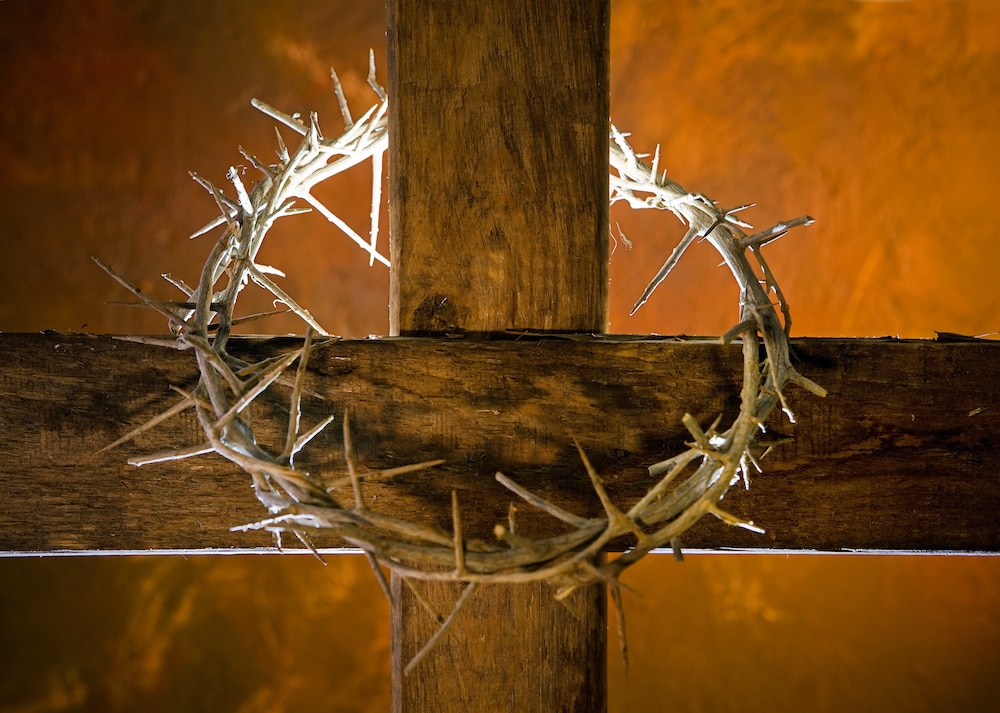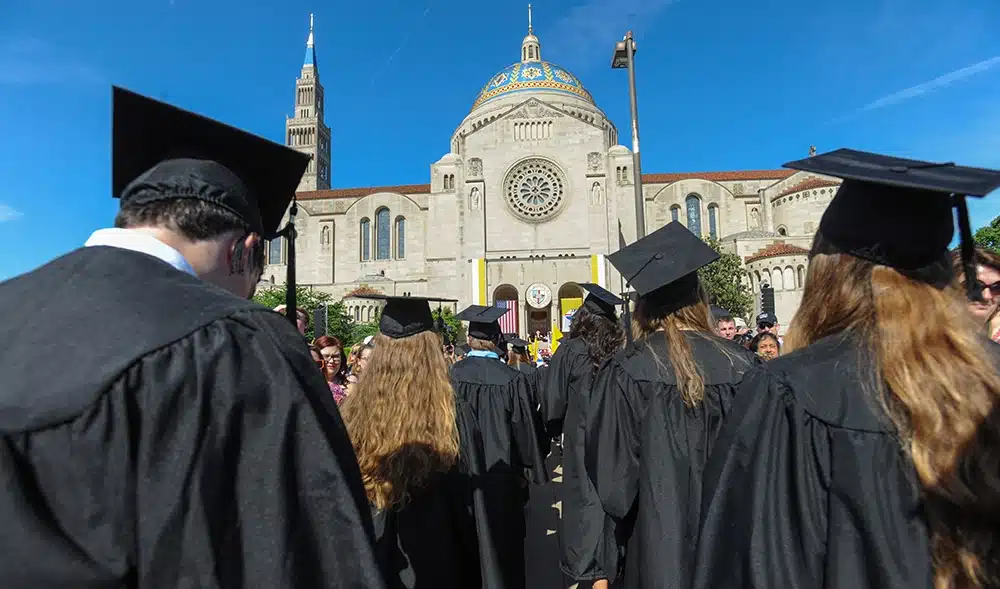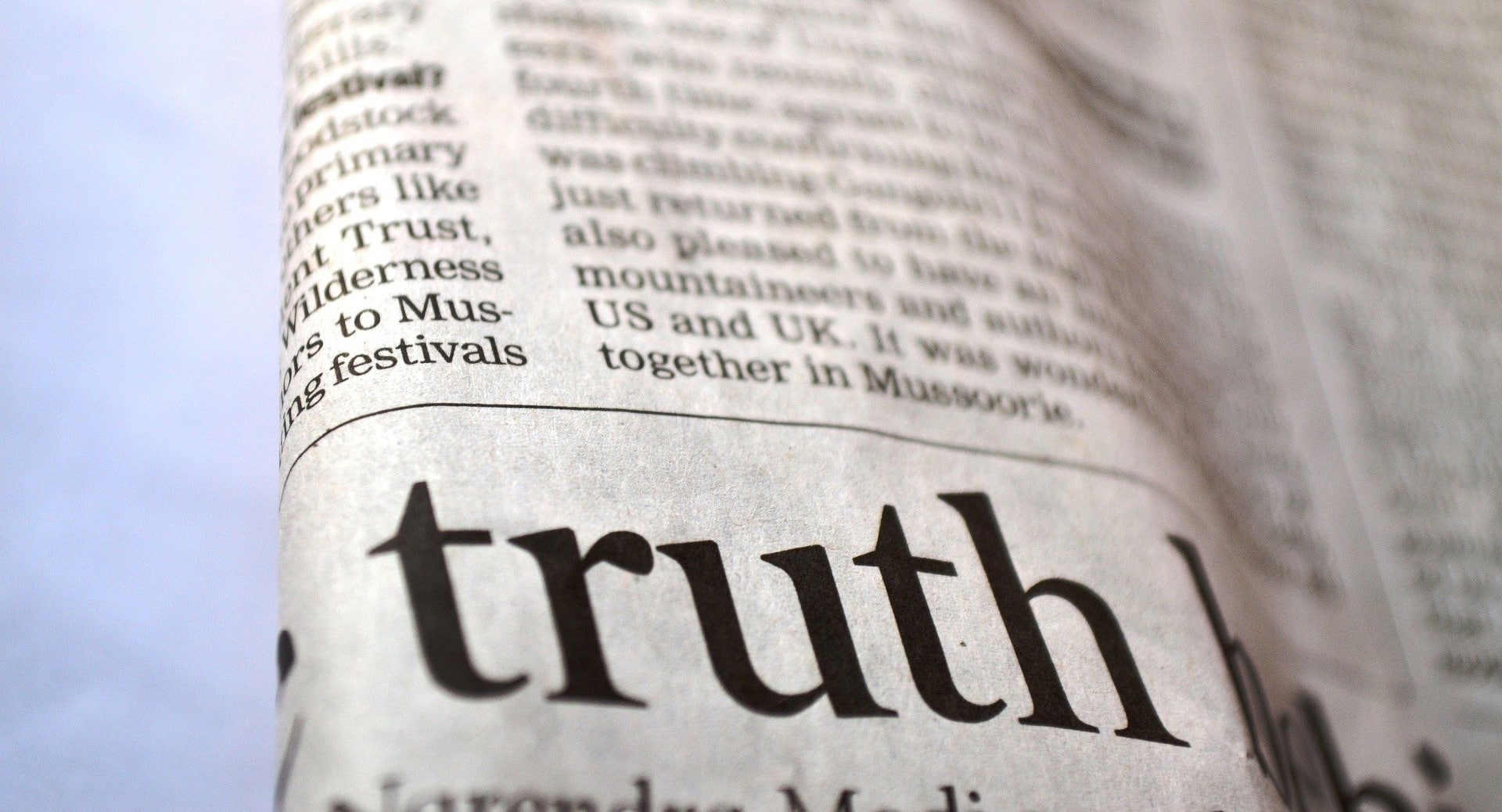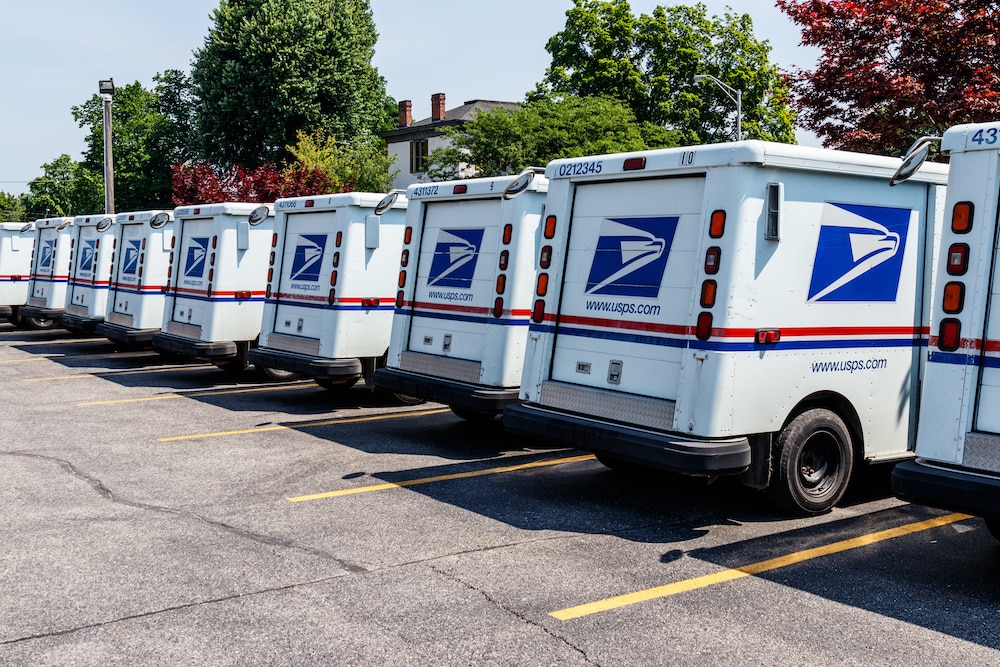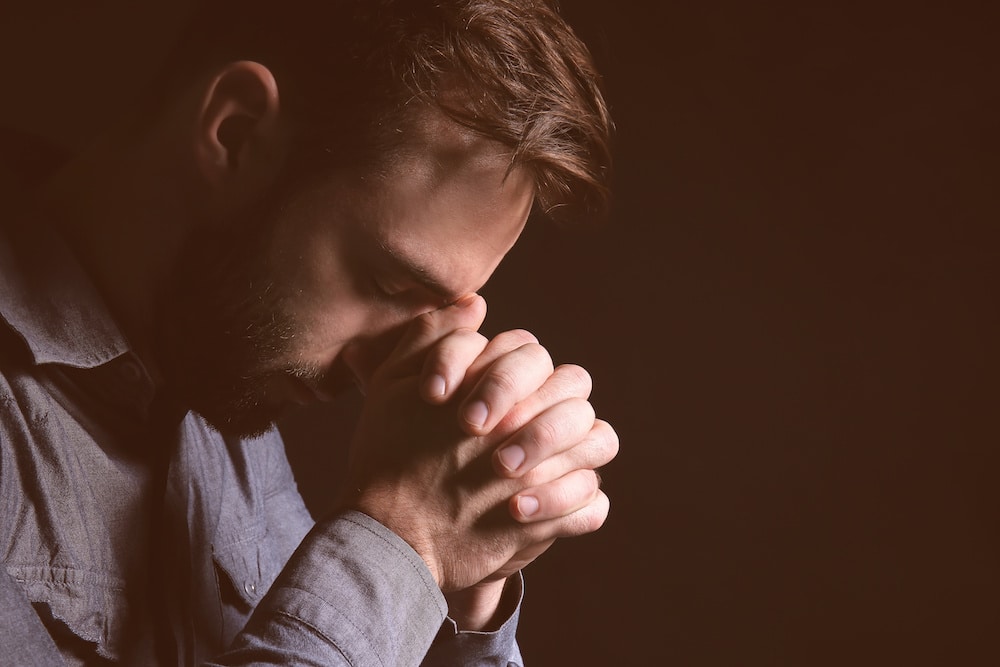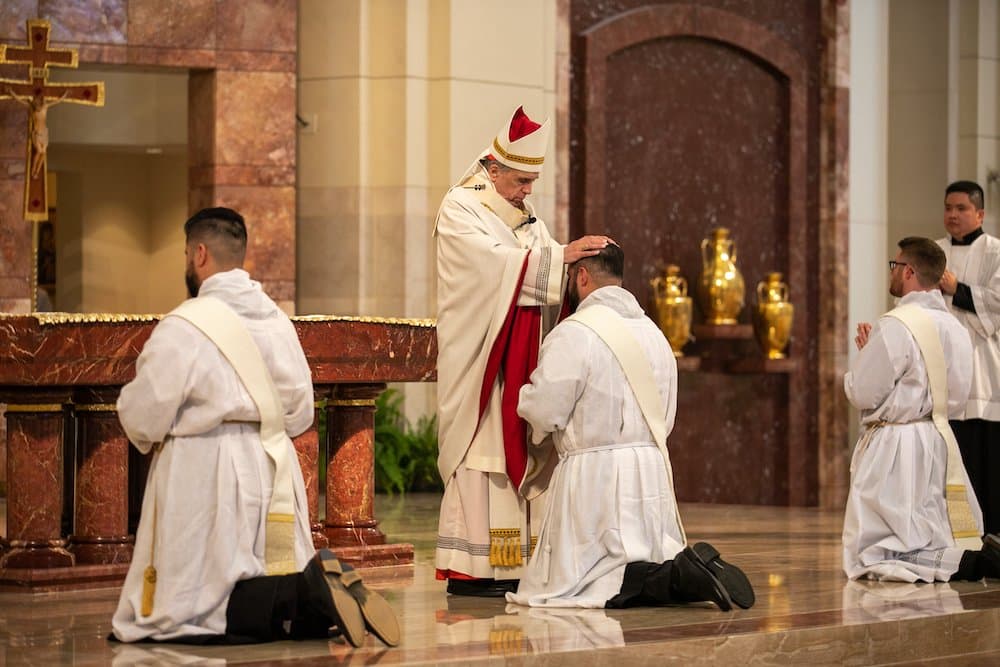A new Utah law, SB 287, which went into effect on May 3, began to restrict minors’ access to pornographic websites. The law requires websites that distribute “pornography and other materials defined as being harmful to minors” to implement age-verification systems that confirm a visitor’s age in order to access content. The internet has made pornography more available and accessible than ever before. And we — Catholics, lawmakers, parents and all people of goodwill — must do something about it. That’s why laws like the recent one enacted in Utah deserve our praise and emulation.
According to Semrush, pornographic websites generate more traffic than Twitter, Instagram, Netflix, Pinterest and LinkedIn combined in the United States. On one major website, PornHub, visitors consumed more than 5,824,699,200 hours of pornographic content in 2019. That’s the equivalent of nearly 665 centuries of pornography viewed on a single website in just one year.
Pornography isn’t simply harmless recreation. Pornography has been found to lower marriage rates (people who view pornography are less likely to get married than those who do not) and decrease relationship satisfaction. Those who view pornography are lonelier and have lower self-esteem. Pornographic content routinely perpetuates racist stereotypes and sexual violence and aggression. And these are just some of the evils and societal harms in the lives of those who use pornography.
That’s to say nothing of the fact that pornographic websites have been repeatedly linked to sex trafficking and the distribution of images and content portraying minors committing sexual acts.
A survey conducted among victims of nonconsensual pornography found that 51% of respondents expressed thoughts of suicide as a result of the image-based abuse, while a staggering 93% reported enduring intense emotional distress.
In response to the bill, PornHub made headlines when it decided to block users in Utah from visiting the site altogether. The adult entertainment industry’s trade association filed a lawsuit against the state of Utah, alleging that SB 287 violates both the First Amendment’s protection of free speech and the Fourteenth Amendment’s right to privacy.
But we’re not talking about the rights of American adults in the Utah bill; we’re talking about the protection of our children. Currently, it is a crime under U.S. federal law to expose minors to pornography. It is only logical, then, that measures should be taken to ensure that minors do not have unencumbered access to adult sites.
Twelve U.S. states have or are considering age-verification laws similar to Utah’s. Earlier this year, when a similar law was passed in Louisiana, PornHub reportedly experienced an 80% loss in web traffic in the Pelican State. Despite concerns that websites have not fully complied with the Louisiana law, the initial impact is clear.
In fact, even if enforcement and application of a user-verification law is imperfect and incomplete, the laws are worth fighting for in order to raise the debate about the numerous harmful effects of internet pornography. We cannot wait for a perfect solution. The urgency of the situation calls for immediate action.
Making our communities safe for our children — from advocating for their safety during the clergy sexual abuse crisis to fighting off any other threat that might prey upon them — is a duty that falls on our society as a whole. Some might see a law like SB 287 and reply that it’s a parent’s duty to protect a child and determine what is or is not appropriate for him or her to view. But we already have age-based requirements for watching films in a theater. Children under the age of 17 must be accompanied by a guardian or adult in order to view a film rated R. In that case, such a law is hardly censorship. Age-verification laws for pornographic websites offer similar protection to minors.
Moreover, we intentionally choose to prevent our children from easily accessing alcohol, tobacco and lotteries or other forms of gambling. While they are minors, is restricting their access to pornography any different?
Pornography is big business. Globally, pornography generates approximately $100 billion in revenue. In the United States, researchers estimate it’s a $13 billion industry. (For perspective, the NFL generated $18 billion in 2022.) When laws such as Utah’s SB 287 are enacted, legislators are defending the common good of the next generation, marshaling the resources of the state against a profit-driven industry that sees our young people only as consumers — and potential victims
Pornography is a scourge that warps users’ sense of self and sexuality. We should not hesitate to pursue even imperfect attempts to curb its spread and regulate its use. Utah’s user-verification law, and other laws like it, are a step in the right direction. They’re a welcome beginning to making the web just a little safer for the next generation.


